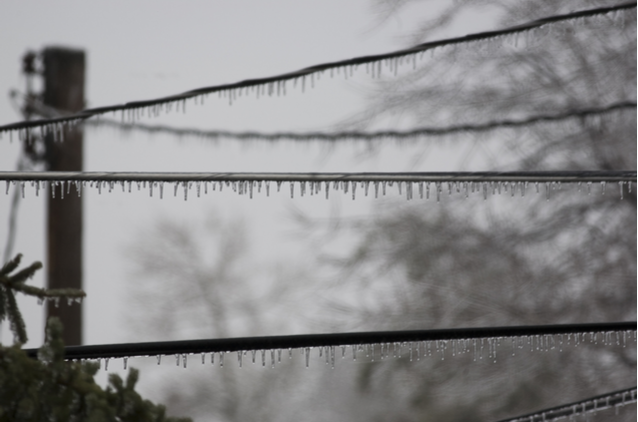Is Your Home Prepared for 5 Surprising Winter Power Outage Risks?
Posted by Kristopher Schwind

Winter power outages are frustrating and dangerous. The most obvious risks include lack of heat, lighting, internet connectivity, and appliances. During prolonged outages, your household could experience frozen pipes, communication breakdowns, and even hypothermia.
Beyond these dangers, there are also some less-commonly known risks that create an unsafe environment for your family. Here are five things to consider.
Risk #1: Medical Issues
Does anyone in your family have a medical issue that requires electricity? Medical equipment, health monitoring apps, and even basics like warm baths and compresses aren’t available during power outages. For an older or injured person, this is a serious situation.
The average outage lasts about 2 to 5 hours, but winter storms can bring much longer outages. Make sure you can provide uninterrupted power to medical equipment by purchasing a generator from a reputable generator service.
Risk #2: Food Poisoning
It’s easy to forget about the impact of an outage on your food supply. After all, your refrigerator usually hums along without much maintenance and there’s probably a grocery store within a few miles. All that changes during winter storms, when electricity and roads may be unavailable.
Lack of refrigeration can quickly lead to food poisoning. According to the U.S. Department of Agriculture, food toxins like salmonella and E.coli can begin to take hold within two hours as food reaches “danger zone” temperatures of 40 to 140F.
That’s why it’s crucial to have a backup plan for food during a power outage, like using a generator or cooking with a stove that uses propane, butane, kerosene, or sterno. Most canned vegetables and soups should be heated before consuming and even dry goods, like rice and pasta, are supposed to be boiled in hot water.
Risk #3: Contaminated Water
Speaking of water, did you know your water source is at risk during power outages?
Water treatment plants need power to operate. They usually have massive industrial generators, but during prolonged outages these can go out too as everyone in town uses their services. It’s a good idea to keep gallons and bottles of water on hand.
During long outages, your bottled water will also freeze, of course. Some experts suggest pouring your emergency water into clean coolers, which may insulate it from the cold outside air a bit longer.
If you have a generator or fueled stove, you can boil water for 1 minute to ensure its safety. A water purification kit can also clean your water if you suspect contamination. Remember to limit water use overall and bathe rarely, because damp skin makes you feel colder.
Risk #4: Higher Risk of Injury
It might sound silly, but it’s very serious: People get more injuries during power interruptions and outages. You don’t have to be clumsy to be injured.
These situations cause people to lift and move things they wouldn’t normally handle, like equipment and debris. Suddenly there’s higher risk of strains, sprains, breaks, inflammation, and pain. Without electricity, rooms are also darker, which increases the risk of trips and falls.
Sometimes power fluctuates rather than staying out entirely. This poses additional risks. Power fluctuations can cause electrocution and fires.
The Centers for Disease Control offers warnings about power outages, including the following severe risks of power-related injuries:
- Contact with downed power lines
- Electrocution in the home
- Gasoline poisoning due to siphoning
- Workplace injuries
- Health issues related to cold and exposure
Risk #5: Carbon Monoxide Poisoning
Do you have a carbon monoxide detector, and will it work during an outage?
Carbon monoxide poisoning risk is higher during the winter months, when windows are closed and people stay in confined spaces. Fuel-burning equipment like vehicles, stoves, and heaters can emit carbon monoxide at toxic levels.
Make sure you have a top-notch carbon monoxide detector with battery backup. If you use a generator, ask your generator company about proper location and operation, to ease any carbon monoxide concerns.
National Standby Repair Inc. is a second-generation family-owned generator business. We help protect your family during outages. Before winter brings its worst, give us a call.
Kristopher Schwind is the proud owner of National Standby Repair.
 24/7 EMERGENCY GENERATOR SERVICE
24/7 EMERGENCY GENERATOR SERVICE REQUEST A QUOTE
REQUEST A QUOTE
 (914) 734-1400
(914) 734-1400